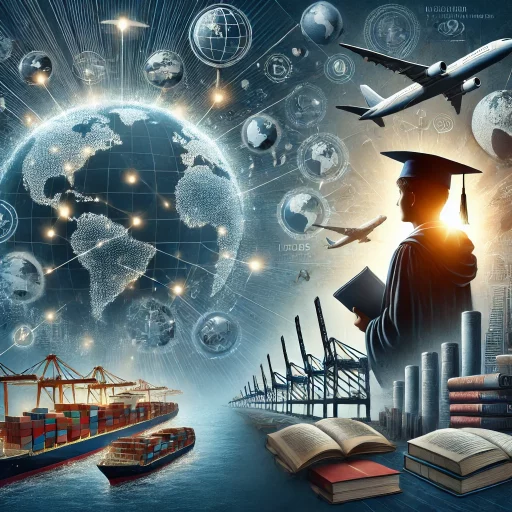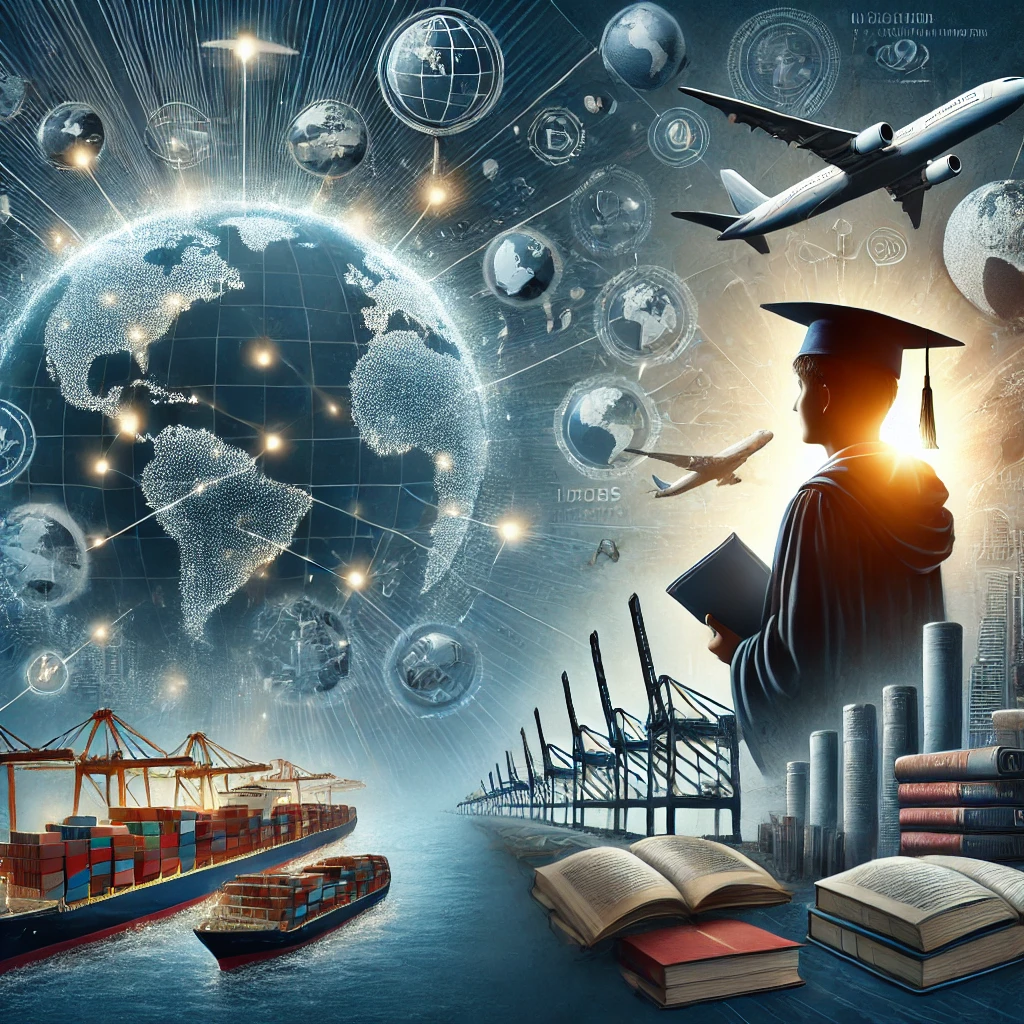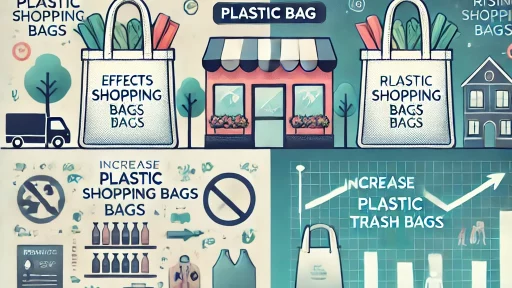Education and Trade—An Unexpected Connection
Imagine two neighbors: one who completed high school and another who didn’t. If you asked them about their views on international trade—the global exchange of goods and services—they might have different answers. Recent research shows that education has a surprising role in shaping opinions on this global phenomenon.
More Education, More Openness to Trade
Studies reveal that individuals with higher levels of education are more likely to support international trade. Interestingly, this isn’t only because educated individuals might benefit more economically. Education itself appears to broaden perspectives, fostering openness to global interactions. For example, learning about other cultures and economies in school often encourages a more positive attitude toward the idea of trading goods and services across borders.
Education Builds Support for Global Growth
Understanding the connection between education and trade support is vital. If better education leads to greater acceptance of international trade, expanding access to education could create more informed, globally-minded societies. This openness could, in turn, lead to stronger economies and improved international relationships.
Education as a Bridge to Cooperation
In today’s interconnected world, identifying what shapes public opinion on global issues is more important than ever. Education doesn’t just prepare individuals for the workforce; it also influences their outlook on the world. By investing in education, nations can foster communities that are more supportive of international cooperation, trade, and mutual understanding.
Source: The Effect of Education on Support for International Trade





